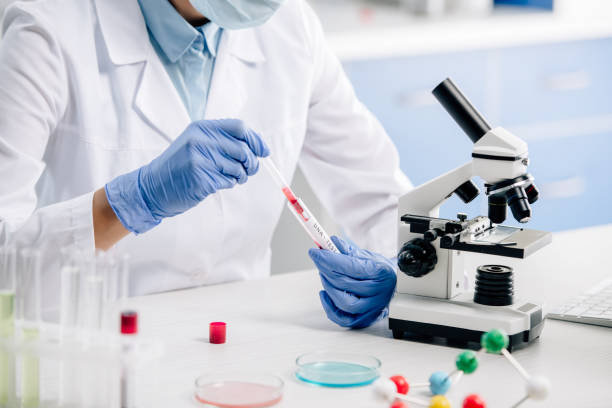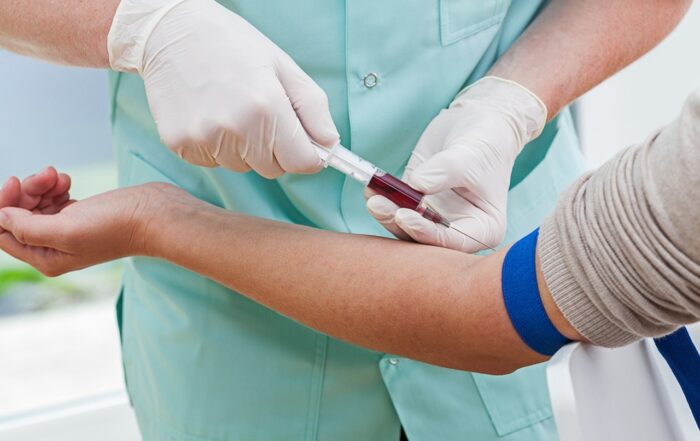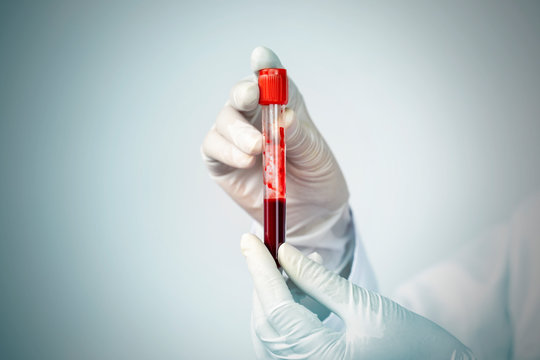Stool Test In Pune
Reports are available by Email as well as on WhatsApp
Email: operationsunrise1@gmail.com
The stool examination R/M (routine microscopy) is an examination of stool sample slide under a routine microscope. This test helps to diagnose conditions affecting the digestive tract which include infections from bacteria, viruses, or parasites.
The Stool examination R/M is done:
- If you have symptoms suggesting disease of the digestive tract such as prolonged diarrhea, pain in the abdomen, loss of appetite, and fever
- If there is a suspicion of parasitic infection in the intestine like the amoeba, giardia,
- To screen for colon cancer by checking the presence of occult (hidden) blood
- To check for poor absorption of nutrients by the digestive tract (malabsorption syndromes)
The stool examination R/M (routine microscopy) is done by taking concentrated sediment of fresh or formalin preserved stool followed by drying the slide to make the specimen dry. It is then fixed with the reagents and stained with different stains. After the staining procedure is completed, the slide is examined under the microscope at different fields to identify protozoan trophozoites and cysts and for confirmation of any other species. Depending upon what species is present, the reporting of the stool slide is made.
Frequently Asked Questions
Although many stool tests do not require dietary restrictions, you might need to fast for some of them. People with watery diarrhea may have stool electrolyte and osmolality tests, which are generally not affected by specific foods but sometimes require fasting.
There are two main types of stool tests to choose from. A fecal occult blood test (FOBT) detects the presence of blood in your feces. The second type, a stool DNA test, detects the presence of genetic material from polyps and cancerous tumors.
Here’s how to do the test right: Watch what you eat. Two days before and the day of the fecal occult blood test, cut out all red meat, beets, broccoli, cantaloupe, carrots, cauliflower, cucumbers, grapefruit, horseradish, mushrooms, radishes, and turnips, which can all trigger false alarms.
Stool samples are typically stable up to 14 days after collection. To make sure your sample arrives in time to be tested, please register and return your sample to the lab promptly after specimen collection.
For about three days before the test, your doctor may ask you to avoid:
• Certain fruits and vegetables, including broccoli and turnips.
• Red meat.
• Vitamin C supplements.
• Pain relievers, such as aspirin and ibuprofen (Advil, Motrin IB, others)
4.8 Google Ratings and 1300+ Reviews
If you are looking for Stool Test in Pune then contact us now!
Frequent Searches
Stool Test in Kothrud | Stool Test in Pune | Stool Test Center, Kothrud, Pune | Stool Test Near Me | Stool Test in Warje | Stool Test Center in Sinhgard Road | Stool Test in Karve Nagar | Stool Test in Pune | Stool Test Price in Pune | Stool Test Centres in Pune
Call Us Now!
9028801188, 9028566644, 9028566611
Serving Areas
Stool Test in Karve Nagar | Stool Test near Karve Road | Stool Test in Kothrud | Stool Test in Bavdhan | Stool Test near Viman Nagar | Stool Test near Vishrantwadi | Stool Test near Wadgaon Sheri | Stool Test near Kharadi | Stool Test near Katraj | Stool Test near Dhankawadi




